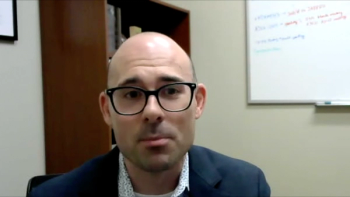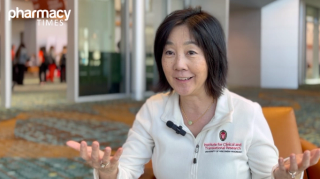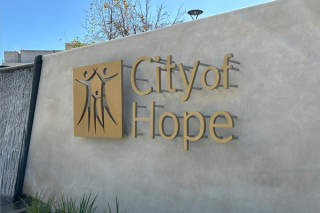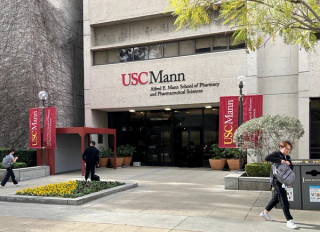
Future of Pharmacy
Latest News

Latest Videos

CME Content
More News

We should begin to refer to these pharmacists in direct-to-career paths accordingly as “primary care pharmacists.”

A novel solution can strategically control the release of the drug in vivo.

Pharmacists lead the charge in implementing advanced therapeutics, navigating complex challenges and shaping the future of health care innovation.

Pharmacists navigate reimbursement challenges while advocating for legislative support and innovative models to enhance patient care and financial sustainability.

National Community Pharmacists Association President Jeff Harrell, PharmD, shares insights from this year’s event, highlighting its growing impact, the importance of engaging with policymakers, and the urgent issues facing independent pharmacies.

Counseling for behavior change helps patients understand the importance of their medications and make positive changes.

Don Moore, PharmD, BCPS, BCOP, DPLA, FCCP, FASHP, received a leadership award at the 2025 HOPA Annual Meeting.

Advocacy fosters professional development, creates better working conditions, and enhances patient care.

Effectively communicating research findings to patients, health care professionals, and policy payers is necessary for engagement.

The executive order gives pharmaceutical companies 30 days to voluntarily lower prices.

Artificial intelligence (AI) can transform rare disease research by leveraging patient data, enhancing evidence generation, and improving communication between patients and health care professionals.

The Ensuring Community Access to Pharmacist Services (ECAPS) Act would enhance Medicare coverage for pharmacist services and ensure seniors can access essential care in underserved areas.

The coronary artery disease (CAD) predictive model help health care professionals tailor personalized treatment methods for patients.

AI transforms pharmacy practice by streamlining workflows and enhancing patient care, while pharmacists adapt to new roles and challenges in health care.

Experts emphasized the importance of addressing regulatory and payer-side challenges to fully leverage AI's potential in pharmacy settings.

Digital pharmacy solutions are revolutionizing patient care.


SOC emphasizes adaptability and individual professional judgment without compromising quality, as individuals are held to the standard and expertise of their practice area.

The future holds the promise of earlier diagnosis, more targeted therapies, and personalized neurological care, said speaker William D. Freeman, MD, FAAN.

Similar legislation could also address PBM practices in commercial insurance.

How PBMs Are Reshaping Access, Affordability, and Outcomes in Modern Health Care

A pilot program integrated oncology pharmacists into prior authorization workflows to streamline and expedite medication approvals.

Policymakers and health care providers call for reforms to improve transparency, pricing, and patient access.

Unlike other professionals such as nurses and physicians, pharmacists remain tethered to a fragmented state-by-state licensure model that creates unnecessary barriers to care.

Dogs share a number of cancers with humans, including melanoma, non-Hodgkin lymphoma, leukemia, and osteosarcoma.



































